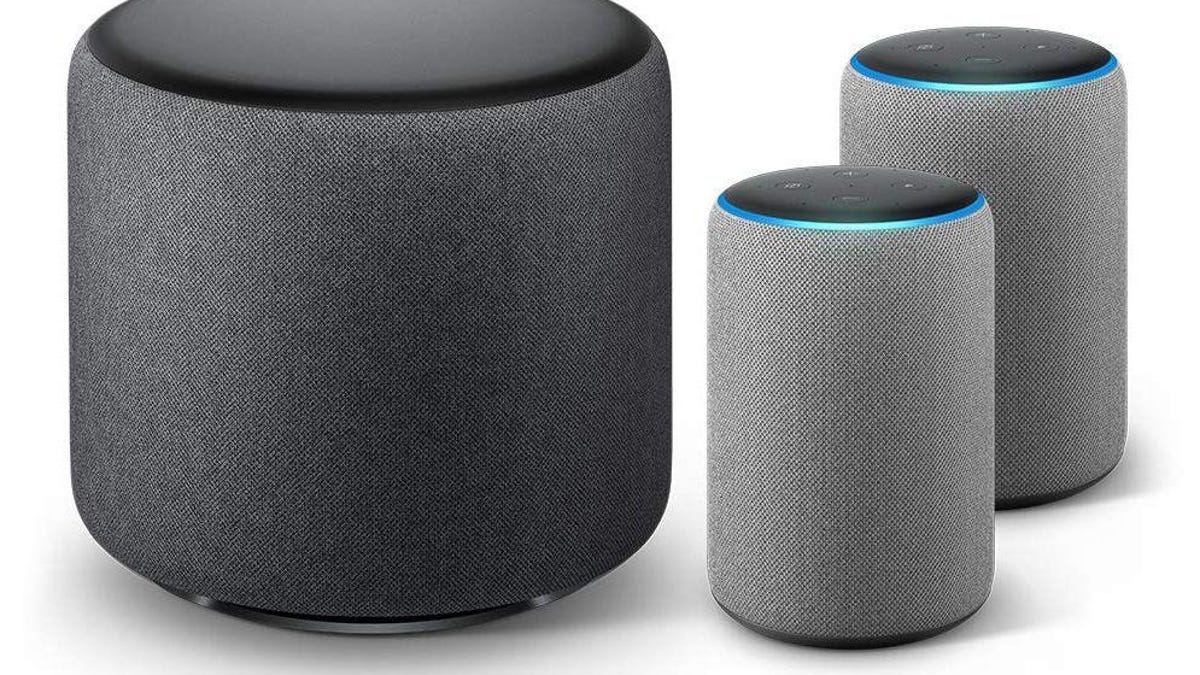Amazon files patent to record before you say 'Alexa'
Amazon is looking to capture and process "portions of a spoken utterance command that may occur before a wake word."

Amazon wants to patent the system for its smart home devices capturing and processing speech before the wake word.
Amazon has filed to patent a method for Alexa to start recording before anyone uses the wake word.
The patent filing, first spotted by BuzzFeed News, would capture and process incoming audio, detect long pauses, and send the data to a remote server while Alexa waits for the wake word.
"When the system detects a wake word within a particular utterance, the system determines the most recent utterance change location prior to the wake word and sends the audio from that location to the end of the command utterance to a server for further speech processing," Amazon explains in the patent filing.
Amazon filed to patent the method that receives audio of speech, buffers this data, determines whether the audio includes "a number of consecutive audio frames with an energy level below a threshold," and decides via tone and speed whether a new utterance has occurred.
The system then discovers and stores the "location" in the sentence where a new utterance occurred, detects the wake word in a second location of the speech, and sends a portion of this audio data to be processed at a remote server wherever "a beginning of the portion of audio data corresponds to speech at the first location."
It then determines the end of the new utterance in a third location of the sentence; concludes sending audio data to the remote server; receives command data from the remote server; and executes the command data.
The patent was filed in January 2019.
Amazon is facing criticisms over storing user data, with a US senator on Thursday asking CEO Jeff Bezos to explain whether Amazon is indefinitely storing the text transcripts of voice recordings of people talking to Alexa on a smart home device.
Sen. Chris Coons, a Democrat from Delaware and member of the judiciary committee, sent a letter to the Bezos about the company's privacy and data security practices, saying the Echo could be putting users' privacy at risk.
Coons' letter follows a CNET report from earlier this month that Amazon retains text records of what users ask Alexa.
The inability to delete the text transcript of the audio recordings "renders the option to delete the recording largely inconsequential," the senator said.
Once Alexa hears its wake word, which could be "Echo," "Alexa" or "computer," the Echo starts listening and transcribing what it hears. Though Amazon allows you to erase those voice recordings, it keeps the data as a text file on its cloud servers.
Earlier this month, Amazon said it deletes the text files from Alexa's main system, and is working on making them removable from other areas of the system.
Amazon has sold more than 100 million Alexa devices, dominating the smart speaker market with around 70% market share. It's followed by Google Home , with 24% of the market, and the Apple's HomePod , with 6%.

